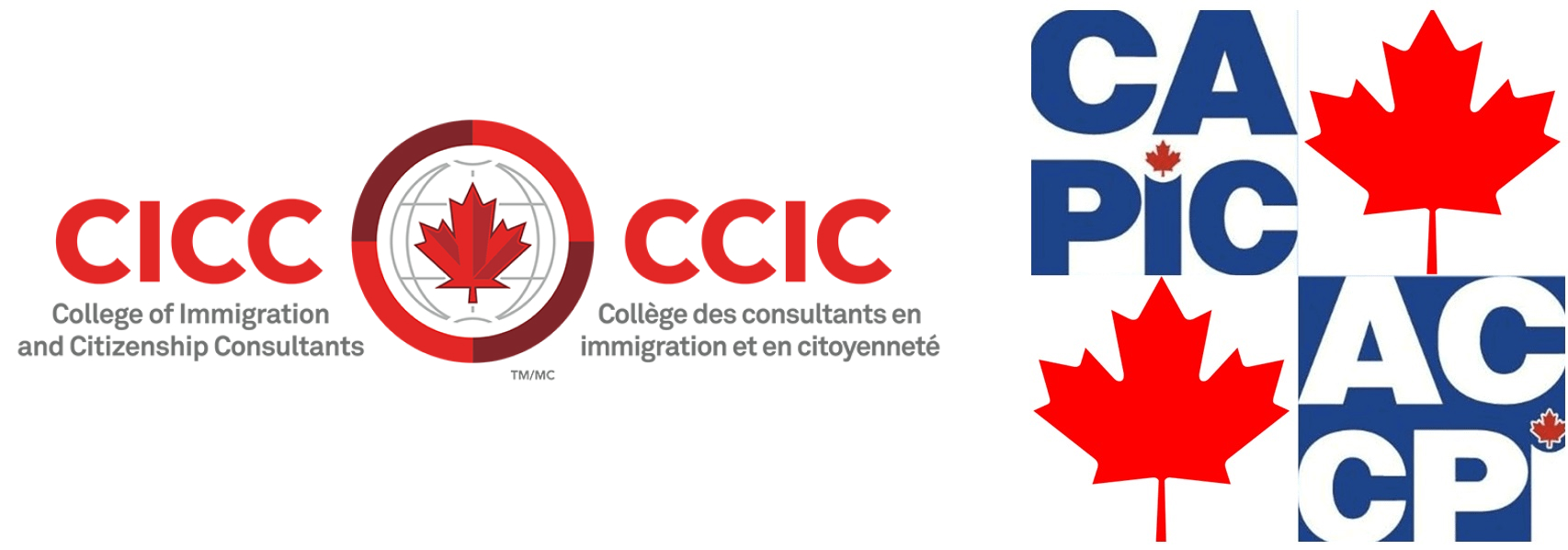Canadian work experience and higher paying jobs the main driver for international students to make the transition after graduation.
Source: CIC News
More and more international students are choosing to study in Canada, and the Canadian government views them as a promising source of labour.
According to Immigration, Refugees and Citizenship Canada (IRCC), the number of study permit holders increased from 122,700 to 642,500 between 2000 and 2019.
Three in 10 international students who arrived in Canada after 2000 transitioned to permanent residency within 10 years since receiving their first study permit. This is according to a report by Statistics Canada, which detailed that half of master’s degree students, and six in 10 doctoral degree students made the transition within the same time period.
International graduates who were enrolled in non-university post-secondary education are of particular interest. The number of these international graduates who first enrolled between 2010 and 2014 and who became permanent residents, more than doubled, compared with those who first enrolled between 2000 and 2004.
This may suggest that an increasing number of international students come to Canada to pursue post-secondary education for the chance to become permanent residents. Non-university post-secondary programs may be easier to get into than university programs.
Among international students who got their first study permit between 2010 and 2014, almost a half (46 per cent) of people coming from India became permanent residents within five years, more than any other country. India is followed by Nigeria, with 30 per cent, and Vietnam, with 21 per cent.
International student graduates who worked during their period of study or after graduation were more likely (60 per cent) to become permanent residents.
In addition, those with higher paying jobs were more likely to become permanent residents. For those who got their first study permit between 2005 and 2009, and who had an annual salary of $50,000 or more, 87 per cent transitioned to becoming permanent residents. For those with an annual salary below $20,000, just 46 percent made the transition.
Looking at this data holistically, it appears that having Canadian work experience and higher paying jobs are the strongest motivating factors that influence the decision of international graduates to stay in Canada permanently.
Why international students are a good fit for Canada
International students are an integral part of the Canadian population, which recently returned to pre-pandemic levels because of the return of international students and other immigrants.
The reason why international students are good candidates for the Canadian labour market is because of multiple factors. This includes their relatively young age, their Canadian credentials, their proficiency in English or French, and in some cases, their Canadian work experience. Many would have also integrated into their local communities and built social networks for themselves.
As such, international students may have advantage over permanent residents coming from abroad with foreign credentials and work experience.
International student graduates may be eligible to apply for a Post Graduation Work Permit (PGWP). This is an open work permit that allows graduates of a designated learning institution (DLI) to work for any employer in Canada and gain invaluable Canadian work experience.
Through doing so, graduates may be able to transition to permanent residence. Those with at least one year of work experience in Canada who can demonstrate proficiency in one of Canada’s two official languages (English or French) may be able to get permanent resident status through the Canadian Experience Class (CEC).
Some international student graduates, particularly master’s and doctoral degree graduates who have foreign experience, may opt to apply directly for permanent residence after graduating, rather than take the PGWP route.

